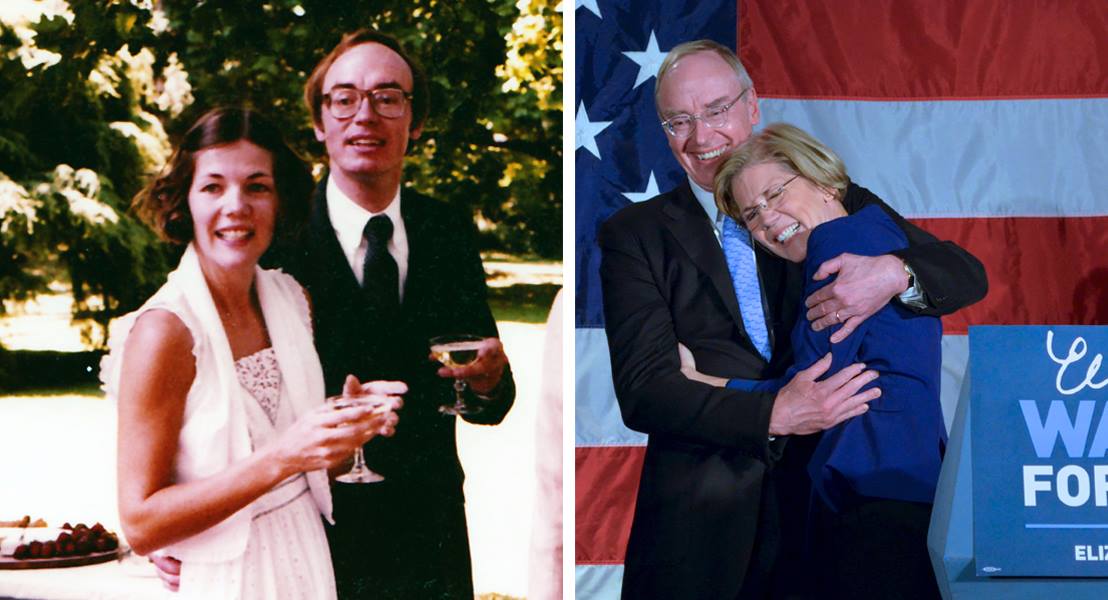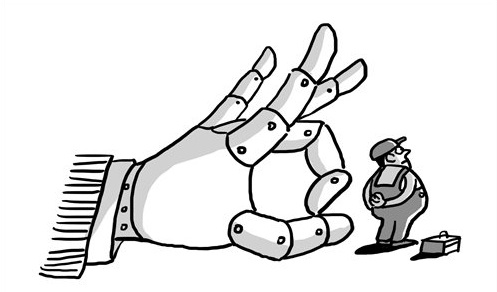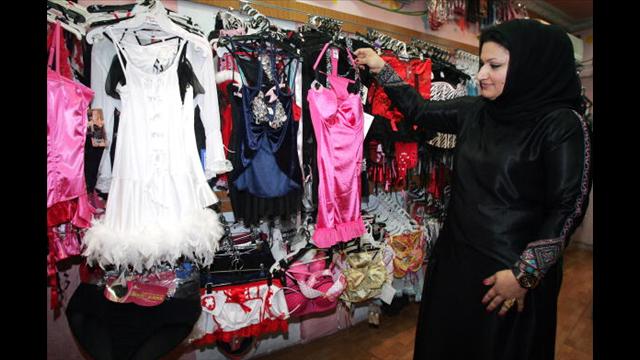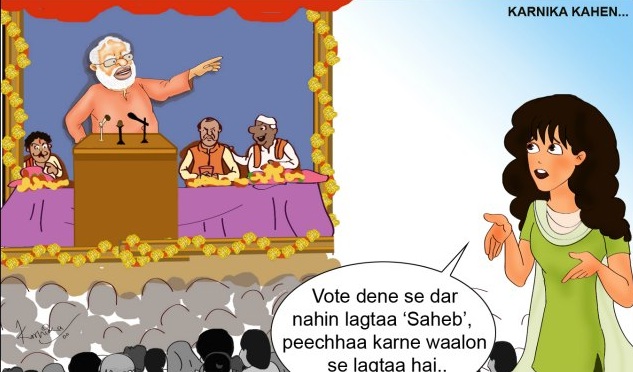Education for All:
Malala Yousafzai, the teen who was shot by the Taliban for advocating for girls’ education, will be celebrating a string of academic successes this week.
On Friday, Ms. Yousafzai’s father took to Twitter to announce that his award winning daughter had received excellent scores on her GCSEs, an important exam taken by all British teenagers. The 18-year-old who once dodged bullets in Pakistan to attend school, can now boast of a string of As, placing her within the top tier of students who took the exam.
Yousafzai has dedicated her young life to promoting the importance of girls’ education. Her story first garnered public recognition through her anonymous diary, which was published on the BBC’s Urdu website in 2009. In her diary Yousafzai described her desire for girls in Pakistan to have access to an education. At the time, many girls’ schools were being destroyed by militants in the Swat Valley where she is from..
After she was shot by the Taliban in 2012 in retaliation for her advocacy, Yousafzai was rushed to the United Kingdom for medical treatment. Following her recovery she and her family resettled in Birmingham, England, where Yousafzai now lives and studies in a private girls’ school. Her recovery, however, did cause some delays in her education, and Yousafzai took the GSCEs two years later than most British school children.
While catching up with her studies, she continued to campaign for girls’ education. That work earned her the Nobel Peace Prize in 2014.
“For her 18th birthday on July 12, 2015, also called Malala Day, the young activist continued to take action to make global education a worldwide priority. Instead of presents, Yousafzai asked her supporters on The Malala Fund website: ‘Post a photo of yourself holding up your favorite book and share why YOU choose #BooksNotBullets – and tell world leaders to fund the real weapon for change, education!’” Yousafzai’s biography reads.
But despite her international celebrity status, Yousafzai has consistently prioritized her education. Inundated with invitations, she eventually began to refrain from attending a variety of events in order to focus on her schoolwork.
On Friday, people in Pakistan celebrated the test results of their local star.
“Nothing that Malala Yousafzai achieves seems startling any more but she continues to make Pakistan proud,” the Express Tribune reported.
Note: The Nobel Peace Prize for 2014 is to be awarded to Kailash Satyarthi and Malala Yousafzay for their struggle against the suppression of children and young people and for the right of all children to education. Children must go to school and not be financially exploited. In the poor countries of the world, 60% of the present population is under 25 years of age. It is a prerequisite for peaceful global development that the rights of children and young people be respected. In conflict-ridden areas in particular, the violation of children leads to the continuation of violence from generation to generation.










